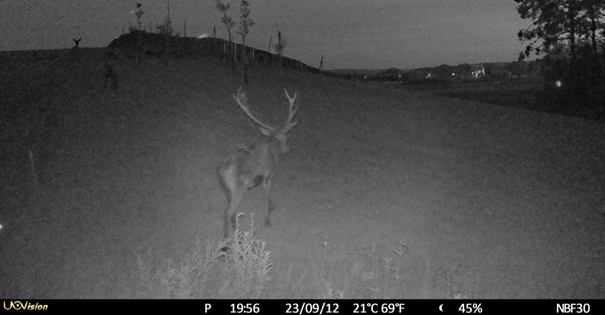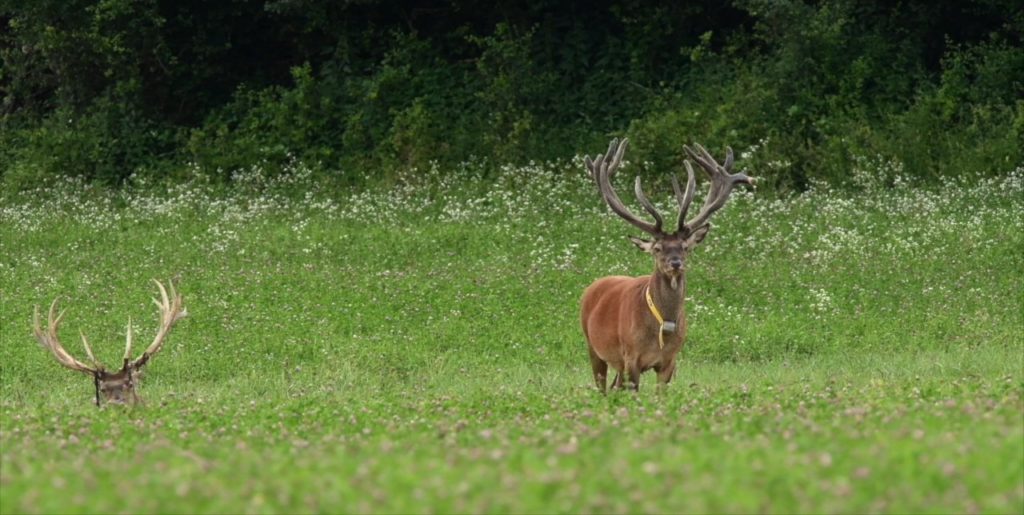The results of recent research on the domestic golden eel(Canis aureus) are reported in a recent article in the scientific journal Applied Animal Behaviour Science. The researchers observed the peculiar social behaviour of a pair of alpha males raising their pups and a female living in the neighbourhood of their home territory during a GPS telemetry study. Several members of our Board of Trustees were among the participants in the study in the South Transdanubian region. We congratulate them on their recent research results and are happy to share their article with our website visitors.
Authors Erika Csányi, Dr. József Lanszki, Dr. Miklós Heltai, Máté Pölös, Dr. Gergely Schally, Dr. Gyula Sándor
Abstract
The range of the golden jackal(Canis aureus) has expanded rapidly in Europe in recent decades. The lack of comprehensive behavioural data limits our understanding of their role in the ecosystem. Flexibility in social behaviour, including the features of the mating system and the presence of helpers, may have contributed to the successful expansion. In areas of high jackal density, non-breeding individuals face options such as dispersal or, on the contrary, waiting for the possibility of vacancies. Following the behaviour of 91 GPS-collared golden jackals in Hungary, we detected a unique interaction between an alpha pair (F1 female and M1 male) with offspring and a neighbouring female (F2 female). F1 and M1 have reared at least three pups, and the alphas' home ranges and core areas also overlapped significantly. The unmated F2, had been living separately in the immediate vicinity of the alpha pair as part of a family group, rapidly entered the former alpha pair's home range within a day after F1's death. F2 did not return to the previous home range and remained close to the alpha male, remaining in its new home range even after M1 died. We documented that an unrelated, non-reproductive female replaced a deceased alpha female outside the breeding season. This previously undocumented pair bond formation in golden jackal suggests an evolutionarily beneficial strategy. The expansion may have implications for wildlife management, grazing-based animal husbandry, competition with other carnivores and ecosystem services. Rapid mate replacement may also contribute to our understanding of the reasons for the rapid population expansion.
The full article can be downloaded here:
Suggested citation format:
Csányi, E. & Lanszki, J. & Heltai, M. & Pölös, M. & Schally, G. & Sándor, Gy. (2023): The first evidence of the monogamous golden jackal's adaptive response to partner loss. Applied Animal Behaviour Science, 269: 106095 . https://doi.org/10.1016/j.applanim.2023.106095.
(Cover photo: Márk Gschwindt)



